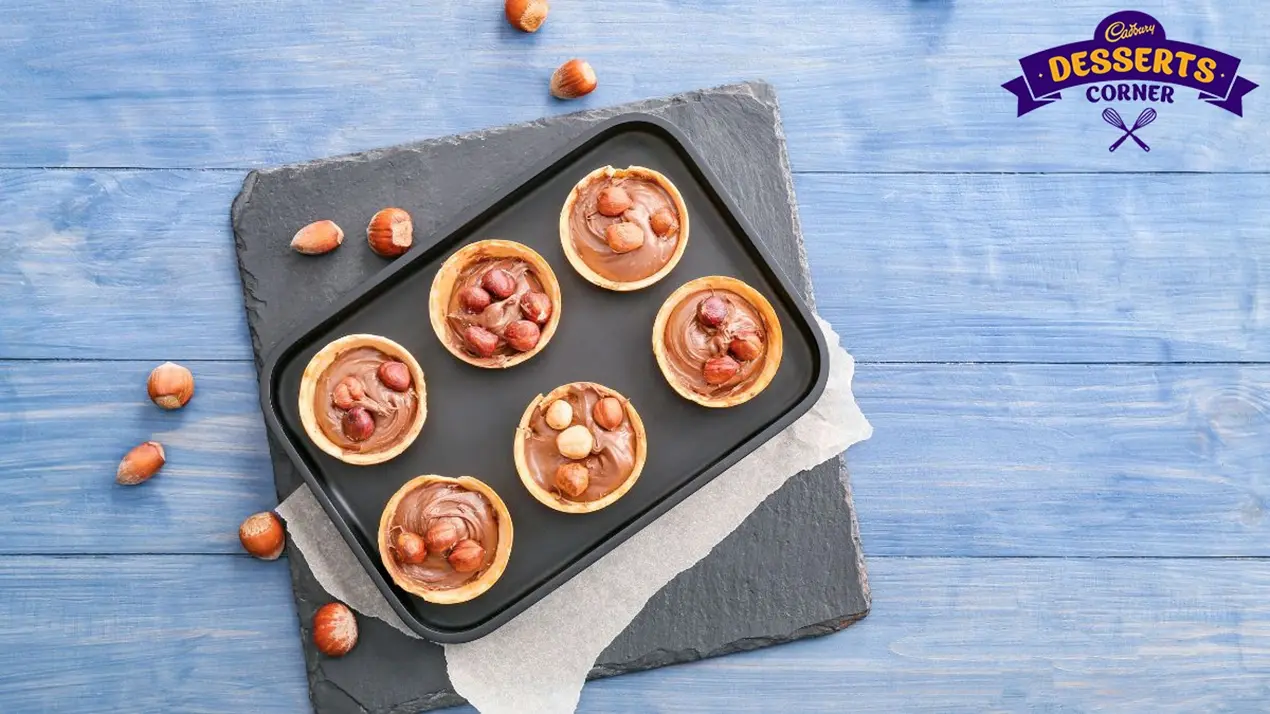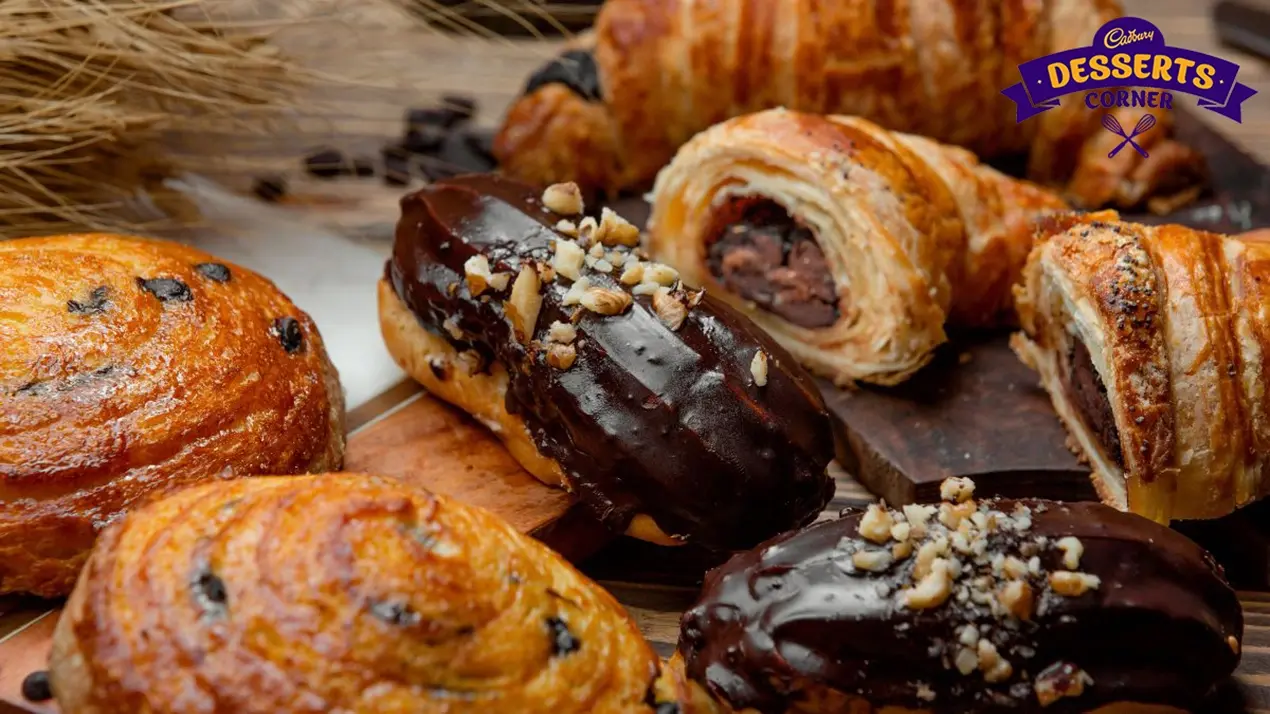Allergy-friendly baking transforms restrictions into joy. Milk becomes almond or oat, eggs into applesauce or flaxseed gel. Nut-free flours redefine recipes, while creativity adapts to challenges. Inclusiveness reigns, sharing treats for all. Despite hurdles, it's a delightful, boundless era of baking experiences.

Introduction
Imagine a world where the delightful scent of baked treats fills the air. Many individuals are unable to partake due to food allergies. Unfortunately, this is a reality for millions of people who have to navigate the challenges posed by allergens. However, the world of baking once limited for those with allergies is now evolving into a haven. This transformation is truly remarkable and showcases both innovation and compassion.
Understanding Common Allergens in Baked Goods
Before delving into the process, it's important to familiarize ourselves with the culprits when it comes to allergens. The main food allergens encompass milk, eggs, peanuts, tree nuts (such as almonds, cashews and walnuts), wheat, soy, fish and shellfish. These ingredients often form the foundation of baking and can pose obstacles for individuals with allergies who wish to enjoy baked goods while maintaining their health.
The Revolution of Allergy Friendly Baking
The revolution in allergy baking begins not by eliminating ingredients but by finding substitutions. It's about more than removing elements; it involves reimagining recipes using alternative ingredients that preserve the joy and essence of baking.
1. Milk Substitutes:

Plant based milks such as almond, soy and oat milk have gained popularity in dairy baking. They offer textures and can often be used in equal amounts as cow’s milk.
2. Replacing Eggs:
To bind ingredients together, you can use applesauce, mashed bananas or commercial egg replacers. Flaxseed or chia seeds mixed with water create a gel substance that imitates the properties of eggs.
3. Flour Alternatives for Nut Allergies:

Instead of wheat flour, you have gluten free options like rice, coconut or almond flour. If you're allergic to nuts, chickpea or oat flour can be a choice.
4. Margarines without Soy and Nuts:
You can easily find margarines that don't contain butter, for those with milk or soy allergies.
5. Sweetening Options:

If you want to avoid processed sugars, natural sweeteners like honey, maple syrup or agave nectar are alternatives.
The Skilful Craft of Allergy Friendly Baking
Baking for allergies is not about following a formula; it's an art form. It requires patience, experimentation and a willingness to embrace outcomes. The texture, moisture level and flavor may differ when using ingredients, could lead to delightful new discoveries.
- Experimentation: Don't be afraid to try things when baking. Sometimes, using a combination of gluten flours can work better than using one type.
- Moisture Balance: Keeping the amount of moisture is crucial when working with gluten-free flours. Ingredients like applesauce or yogurt can help retain the moisture in your baked goods.
- Flavor Enhancements: To enhance the flavor, especially when using ingredients with a neutral taste you can add vanilla extract, spices or citrus zest to give your creations depth and complexity.
- Adaptation: Be open to adapting recipes to accommodate restrictions. This might involve adjusting baking times or temperatures to suit the ingredients.
One of the key aspects of allergy friendly baking is its inclusiveness. It's about sharing treats with everyone, regardless of their dietary needs. There's something incredibly fulfilling about seeing someone enjoy a pastry or cake without any worries.
In conclusion, baking for allergies may come with challenges but it also brings rewards. It's about transforming the world of baking from an exclusive space into an one where everyone feels welcome. As bakers, we aren't just making food; we're creating experiences filled with joy and lasting memories. In this era of baking, the potential is boundless fuelled by our creativity and the outcomes are equally delightful.
Like This Article?
More Like This




Popular Articles





Trending Web Stories
Curated Recipes


















